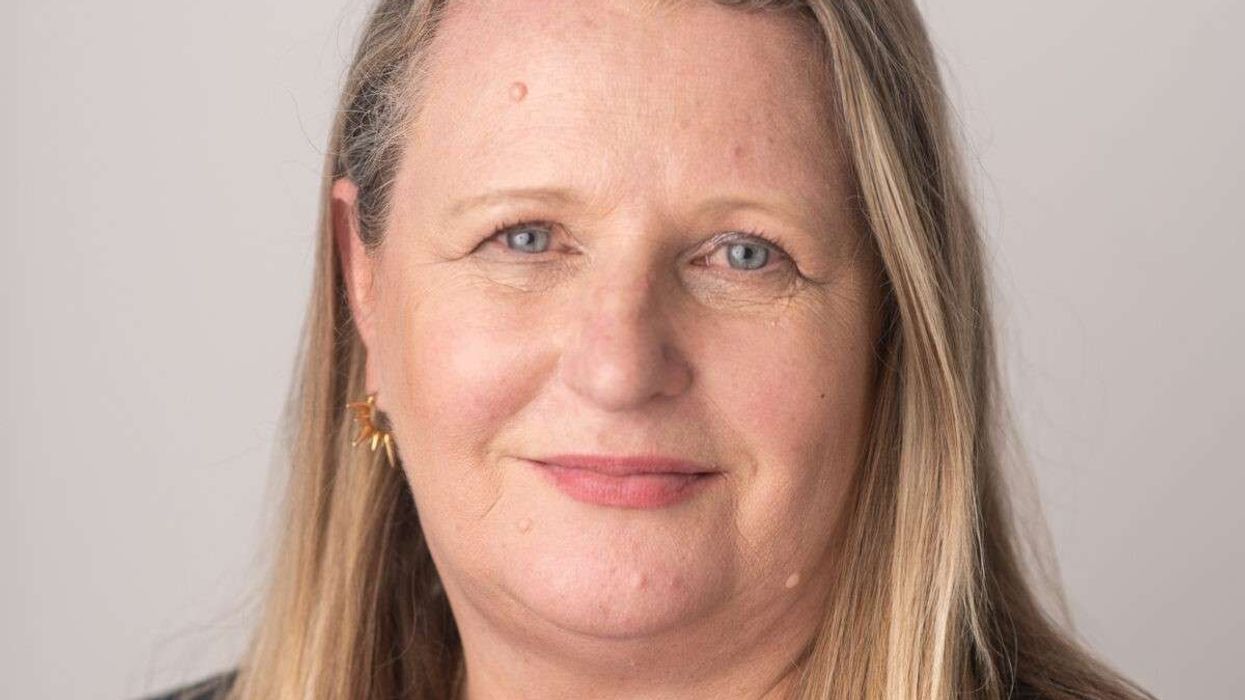The General Pharmaceutical Council (GPhC) has decided to recognize Occupational English Language Test (OET) as an evidence of English language skills for overseas pharmacy professionals.
A new GPhC guidance states that applicants to the register of pharmacists and pharmacy technicians will now be able to use a recent pass of the OET as evidence of their English language competence, as an alternative to the International English Language Testing System (IELTS).
The pharmacy regulator's governing council approved the changes following a period of public consultation last autumn over using OET, the English language test for healthcare professionals.
In the consultation, 96 per cent of respondents agreed with the proposal to accept the OET. However, the GPhC will continue to accept a recent pass of IELTS as evidence where applicants have opted to take this test instead.
Individuals taking the Pharmacy OET will be required to score at least a ‘B’ in each of the four areas of reading, writing, listening and speaking in English at one sitting of the test.
“This is equivalent to the GPhC’s current requirement for a recent pass of the academic version of IELTS with an overall score of at least seven and with no score less than seven in each of the four areas of reading, writing, listening, and speaking at one sitting of the test,” the pharmacy negotiator has said.











